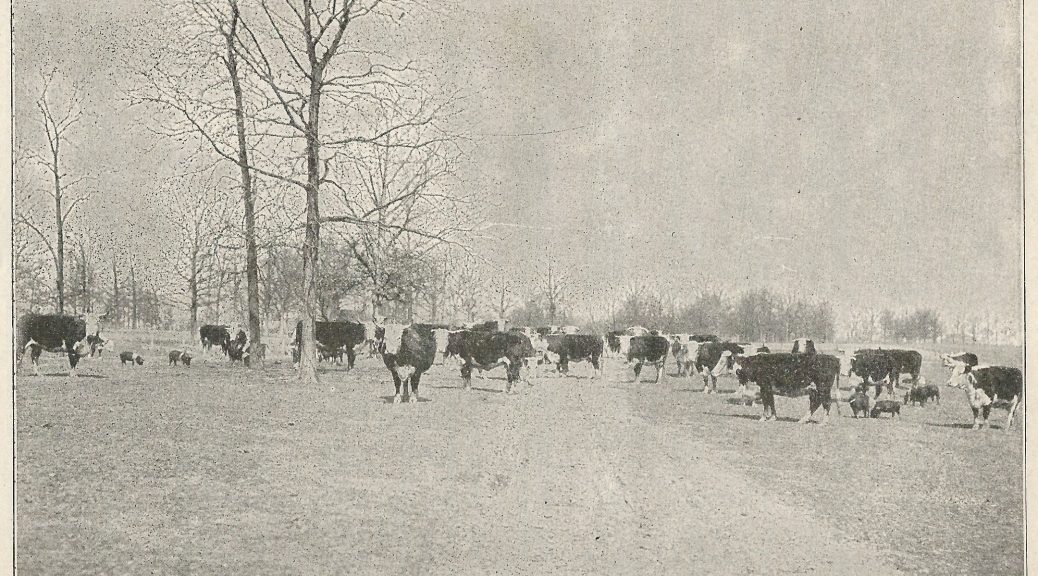Innovation and the Resistance to Change in Agriculture
I spent some time talking to my father this past week about what he knew of life in the early 1900s. I asked him questions about Dr. W.E. Taylor’s book Soil Culture and Modern Farm Methods and was somewhat surprised by his response. His ancestors were not doing much of what Taylor talked about because even if they knew of it, it was likely impractical for them to implement. The process of innovation is often very slow. Taylor and his fellow researchers had great ideas, but…
